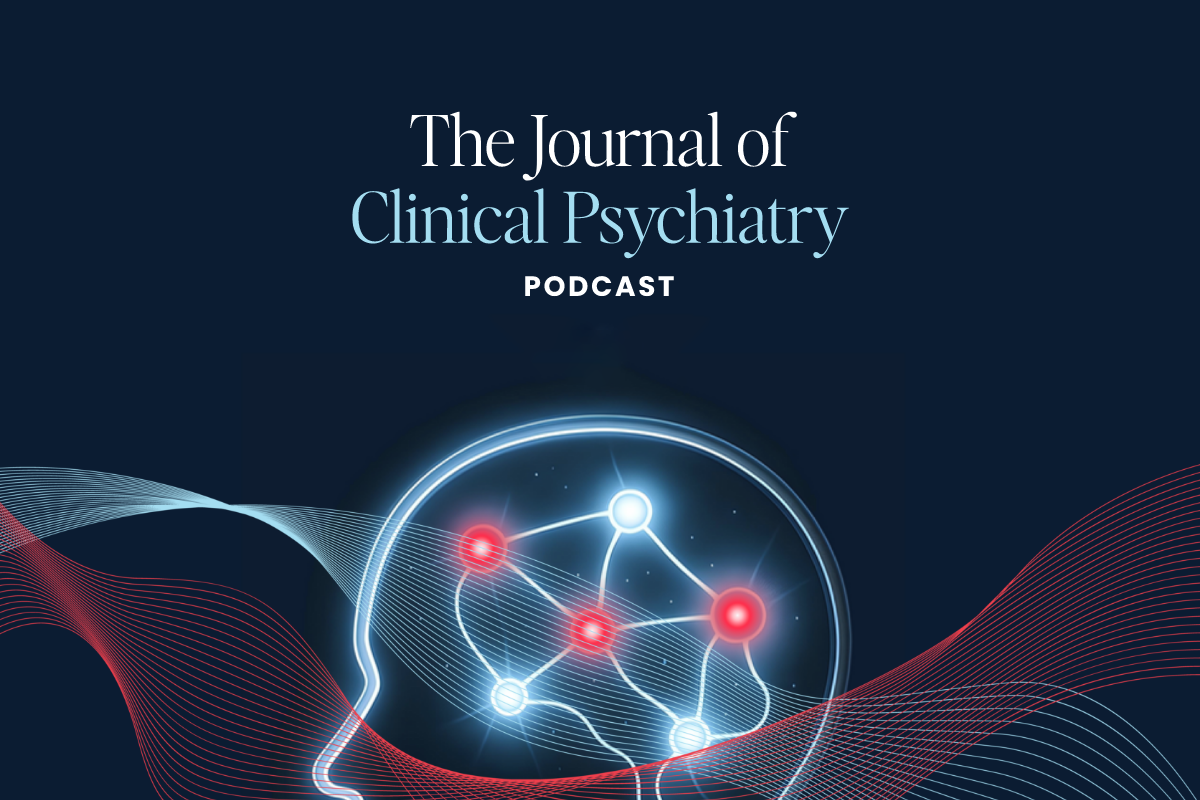Our entire lives revolve around trust. From the friends we hang out with to the partners we share our lives with, we believe in all of them to do right by us.
And, for most of us, the focus of that faith appears to be shifting.
- A recent Gallup poll, for example, shows that American adults are more likely to ask their friends and family for financial advice before turning to anyone else.
- An early 2025 Axios/Ipsos poll reveals that our faith in the U.S. Centers for Disease Control and Prevention (CDC) has tumbled 25 points over just the last five years.
- And an April 2025 Kaiser Family Foundation poll showed that the vast majority of us – 83% – would trust our family doctor about vaccines more than their local health department (66%). And we have even less faith on federal health officials.
Now, a new study reports that social status might play a bigger part in where – and in whom – we place our trust than we ever suspected. The authors of the study argue that we’re much more likely to rely on people who grew up in lower-class environments.
“Trust is essential for healthy relationships. Without it, romantic partnerships can fail, workplaces can suffer, and social divisions can grow,” lead researcher Kristin Laurin, PhD, a psychology professor at the University of British Columbia, said. “But what makes people trust someone in the first place?”
The research team conducted a handful of pre-registered studies and a dozen replications to investigate how both childhood and social class determine who we trust. And how we set the expectations for that trust. Across multiple situations — from economic exercises to real-world social dilemmas — participants consistently had faith in others from low-class backgrounds.
Even so, reasons shifted based on whether the social class in question pertained to the past or the present.
Trusting the Poor? It’s Complicated.
The study breaks out two different types of trust:
- Behavioral trust (taking an action that places one in a vulnerable position), and
- Trust expectations (the faith that one’s trust will be honored).
The researchers also distinguished between the trustee’s social class, as well as the class they came from.
The researchers found that people consistently placed greater behavioral trust in individuals from lower childhood class backgrounds. These participants viewed those people as more moral, trustworthy, and deserving of faith. Participants in multiple studies also were more likely to share resources or cooperate with people who’d come from poorer families. And that persisted even if those people left that upbringing behind.
The Role of Stereotypes
The researchers discovered that class-based stereotypes steer these complex dynamics. We usually perceive those from lower-class backgrounds as warmer, morally superior, and more focused on the community.
On the other hand, we pigeonhole those from wealthier backgrounds as cold, entitled, or just plain selfish. These impressions (real or imagined) influence how much (or even if) we’re willing to trust them.
Notably, these moral judgments appear more solid when based on childhood class rather than one’s current class.
Behavior, Expectations Don’t Always Align
The researchers also discovered that behavioral trust doesn’t always line up with our expectations. In studies where participants trusted those from lower-class backgrounds, they usually did so without expecting anything in return. This, the authors contend, implies that trust behavior could (at least sometimes) stem from a sense of generosity or social obligation.
In fact, one of the clearest patterns to emerge showed that people behaviorally trust others from lower-class backgrounds — regardless of whether they believe that trust will be honored. For people from low-childhood-class contexts, that trust typically arrives tied to expectations of moral behavior. For those still mired in poverty, the trust might come with no such expectations — but we extend it anyway.
Real-World Implications of Trust
These findings, the authors argue, could have huge implications for professional and social dynamics. This is especially true where decisions about who to believe in can directly determine outcomes — such as hiring, partnerships, or community engagement.
This research appears to suggest that people from lower-class childhoods could benefit from an unexpected social advantage. Others are more likely to trust them. This could shape how others perceive their integrity, reliability, and leadership potential.
That being said, the results caution against assuming that all faith resides solely on the belief in one’s character. As this research shows, altruism and stereotypes can both drive trust behavior in ways that don’t necessarily reflect deeper convictions about trustworthiness.
Further Reading
Science Says Your Nose Picks Your Friends For You



